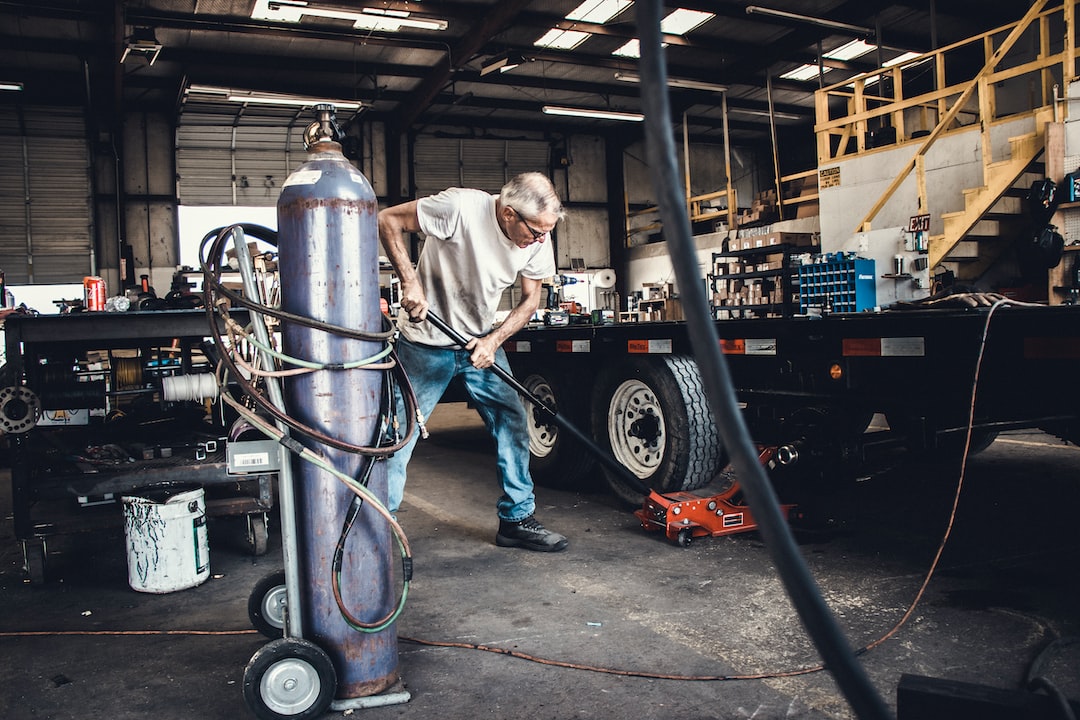The Importance of Effective Maintenance and Repair in Manufacturing
Manufacturing is a complex and fast-paced industry that relies on machinery and equipment to produce goods efficiently. In order to maintain peak performance and avoid costly downtime, it is essential to have effective maintenance and repair procedures in place.
Effective maintenance and repair in manufacturing significantly impact production output, product quality, and overall business profitability. Let’s dive deeper into why this aspect of manufacturing is so crucial.
1. Increased Productivity:
Well-maintained equipment and machinery contribute to increased productivity. Regular maintenance helps prevent breakdowns and ensures that machines are operating at their optimal level. This reduces the chances of unexpected downtime, which can be costly and cause delays in production schedules.
Moreover, diligent maintenance also helps identify underlying issues that can lead to equipment failure before they become major problems. By addressing these issues promptly, manufacturers can avoid extensive repairs or replacement costs and keep their operations running smoothly.
2. Enhanced Product Quality:
Maintenance and repair not only keep machinery running but also impact the quality of the products being manufactured. Faulty equipment may produce goods with defects, which can negatively affect customer satisfaction and damage the brand’s reputation.
By conducting routine maintenance, manufacturers can identify and correct potential issues that could compromise product quality. Regular inspections, part replacements, and calibration ensure that machines are operating within the required parameters, leading to consistent and superior product quality.
3. Improved Safety:
Safety is of paramount importance in any manufacturing facility. Equipment malfunction or failure can pose serious risks to the well-being of employees and result in costly workplace injuries.
Effective maintenance and repair practices minimize the chances of accidents by identifying and fixing safety hazards. Regular inspections and adherence to safety protocols provide manufacturers with peace of mind, knowing that their equipment is well-maintained and safe for operation.
4. Cost Savings:
While maintenance and repairs may seem like an additional expense, they actually result in long-term cost savings. Regular maintenance extends the lifespan of equipment and prevents major breakdowns, reducing the need for costly replacements.
Furthermore, preventive maintenance reduces the likelihood of unexpected downtime, which can significantly impact production and incur substantial financial losses. By investing in maintenance and repair, manufacturers can save money by avoiding expensive emergency repairs and minimizing interruptions in their production processes.
5. Compliance with Regulations:
Manufacturing facilities operate within a framework of rules and regulations, which include compliance with health and safety standards. Failure to meet these requirements can lead to legal consequences, fines, and reputational damage.
Regular maintenance ensures equipment remains in compliance with relevant regulations and standards. By conducting inspections and adhering to maintenance schedules, manufacturers can demonstrate their commitment to safety and regulatory compliance.
In conclusion, effective maintenance and repair play a vital role in the manufacturing industry. By prioritizing maintenance practices, businesses can maximize production output, enhance product quality, improve workplace safety, save costs, and comply with regulations. A proactive maintenance approach is not only essential for machinery longevity but also for the success and growth of manufacturing operations. Proper care and attention to equipment will ultimately drive higher efficiency, customer satisfaction, and overall business profitability.
